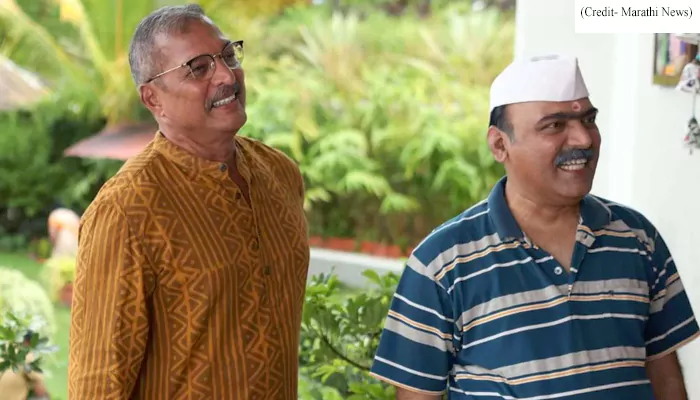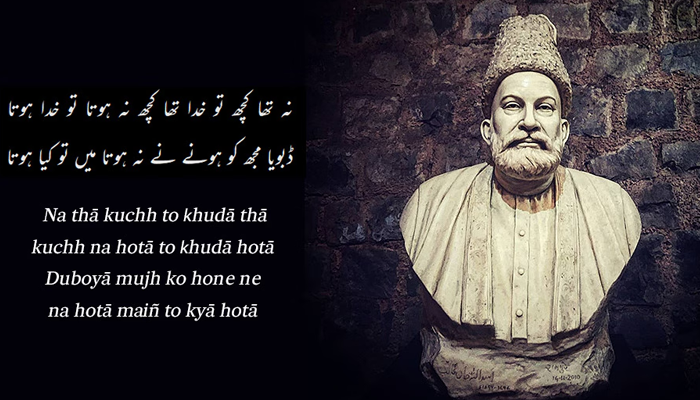Jahnvi Kapoor Hospitalized for Food Poisoning: Navigate Foodborne Illnesses in Monsoon with this Safety Guide
- Admin
- 1 year ago
- 3 minutes read

Bollywood belle Jahnvi Kapoor was hospitalised yesterday, i.e. on Thursday due to food poisoning which took a severe toll on her physical and mental health. Although the actress is on her way to recovery, she’s still very frail. It is expected that Jahnvi Kapoor will be discharged today.
Monsoon season is considered to be the ideal time for you to catch a bacterial infection. The transition from summer to monsoon, paired with extreme humidity and temperature fluctuations, acts as a growth medium for bacteria, thus leading to critical health issues like food-borne diseases or food poisoning.
The intake of water or food contaminated by bacteria, parasites, viruses or fungi, can cause food poisoning. The most common symptoms of food poisoning are- painful cramps, vomiting, diarrhoea, and nausea. As experts suggest, the best way for you to stay at your optimal health during this season is by maintaining a safe and healthy lifestyle.
In this article, we will discuss some safety tips to protect you from food-borne illnesses during monsoon.
How to Stay Safe from Food Poisoning

One of the most common issues in almost every household is the lack of basic hygiene protocols. Dr Rajesh Kumar, senior consultant of Internal Medicine at Paras Hospitals, Gurgaon suggests that we strictly avoid eating unwashed fruits and vegetables, raw protein like meat, cracked eggs, poultry, milk and fish. We shouldn’t be leaving the cooked food for more than two hours at room temperature. Packed food and canned juices should also be avoided during this time.
It’s best to steer clear of packaged food as it may contain contaminants that you may not be aware of. It’s better to carry your own water bottle along to avoid any chances of infection.
In addition to taking precautionary measures, you should also stick to a strict eating-out regime. Avoid indulging in street food. It’s better if you choose a fine dining option indeed.

As suggested by Delhi-based nutritionist Sangeeta Khanna, give a wide berth to raw green leafy vegetables like spinach and cabbage, and pre-cut fruits. In such cases, it’s best to opt for steamed food, for we know high-calorie food like fries are not good for your health. If you are a non-vegetarian, then you should choose lighter meals and only consume meat, fish or egg if it is properly cooked. “Definitely avoid dairy products, as their high sugar content provides an ideal environment for bacterial growth, making them an easy breeding ground,” mentions Pathania.
How to Treat Food Poisoning

Most mild cases of food poisoning can be treated at home. Rest, adequate hydration, proper diet and hygiene are the keys. You should avoid over-the-counter medicines as far as possible. Buy only ORS. ORS is important in the treatment of food poisoning. Consuming 200-250 ml of ORS will not only replenish the water content but also aid in maintaining the correct concentration and electrolytes and glucose in your body. According to Dr Kumar, “ Lemonade and coconut water are other ways to restore the body's lost nutrients and hydration. The patient should go on a light, milk-free diet that includes bananas, bland potatoes, diluted fruit juices and boiled vegetables.” Also, without consulting a physician first, don’t opt for over-the-counter medications like ROKO and Lopamide.
We wish a speedy recovery to Jahnvi Kapoor as fans highly anticipate her blockbuster presence in her upcoming project “Junglee.”
Follow these tips to stay safe from food poisoning. Make the most of the rainy season by staying at your optimal health, and enjoying a memorable time with friends and family.












